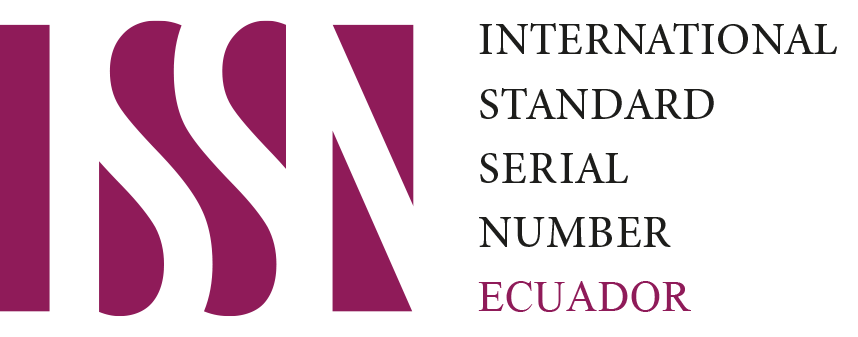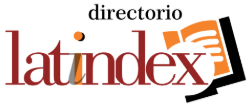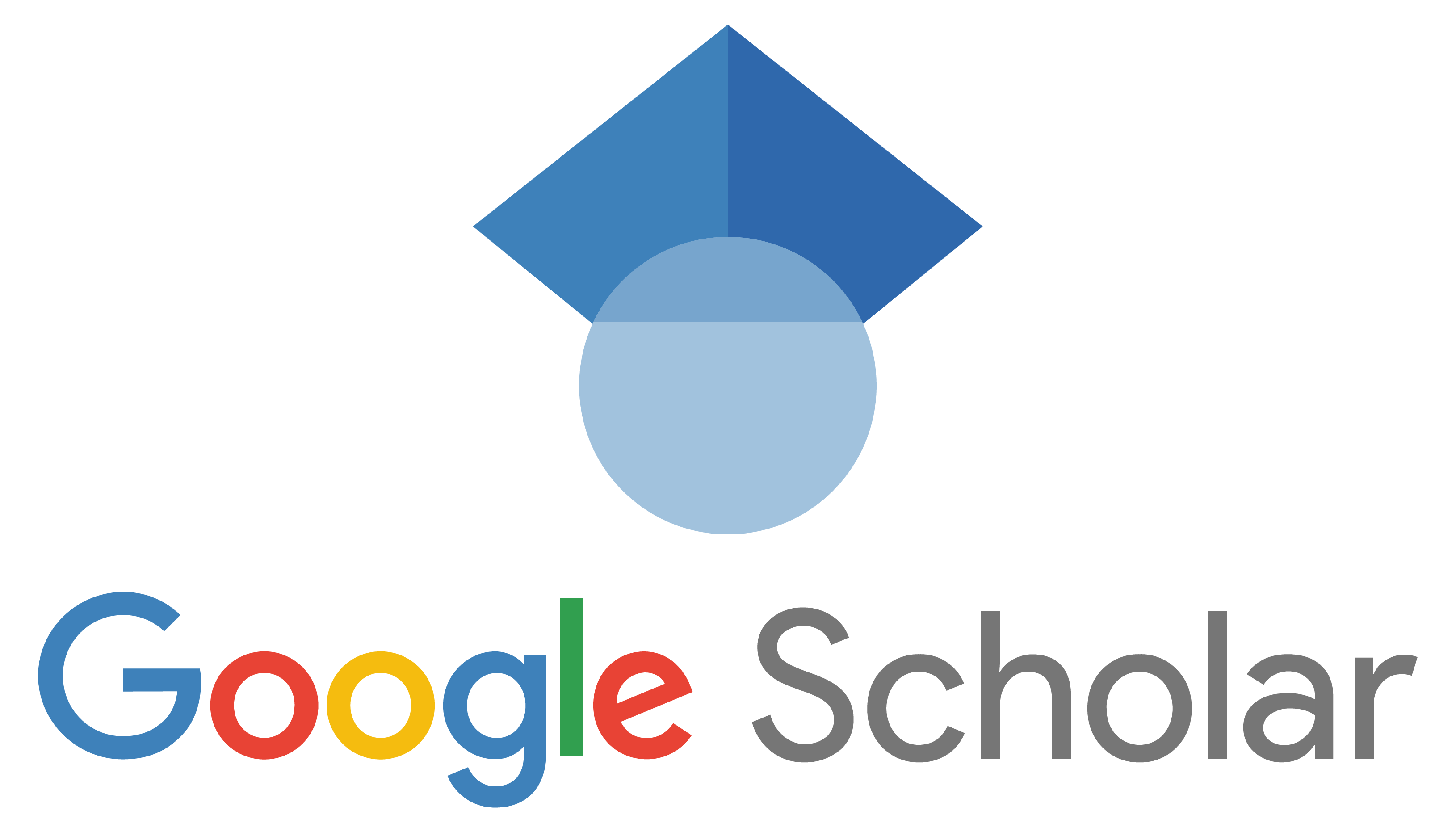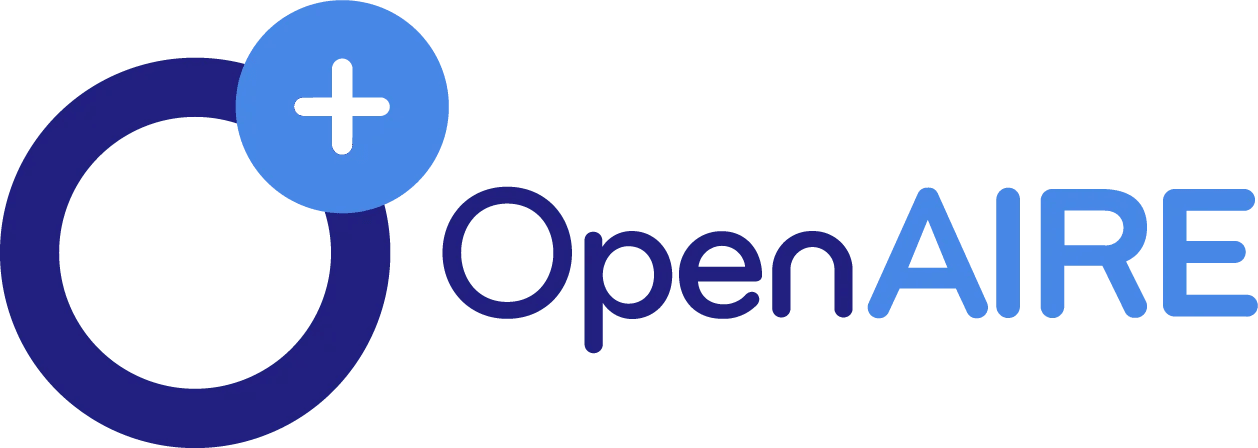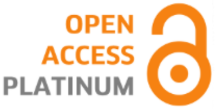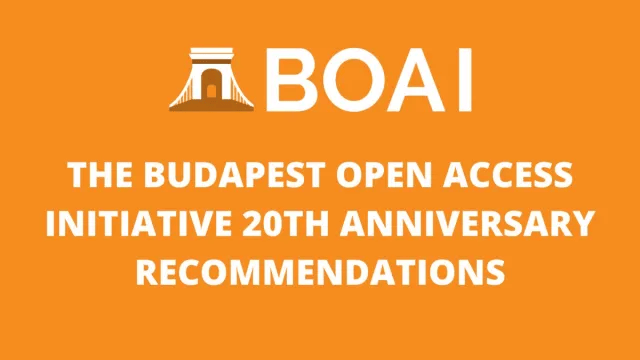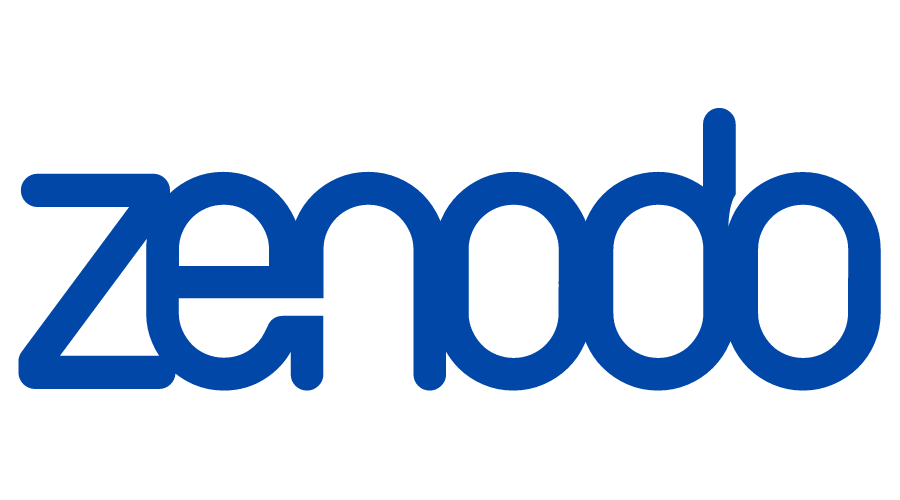Editorial ethics and malpractice statement
The Journal of Advances in Education, Sciences and Humanities takes its commitment to scientific integrity, transparency, and editorial best practices very seriously. The journal adheres to the principles of the Committee on Publication Ethics (COPE) and other internationally recognized guidelines in the field of academic publishing. This statement outlines the ethical responsibilities of authors, reviewers, and editors, as well as the actions taken in response to scientific misconduct.
1. Responsibilities of authors
- Authors must submit original research based on verifiable data, without plagiarism or data manipulation.
- All contributors to the manuscript must be appropriately credited with authorship. Honorary or fictitious authorship is strictly prohibited.
- The manuscript must not be under consideration by another journal or previously published (except for preprints, which must be disclosed).
- Authors are required to disclose any potential conflicts of interest, sources of funding, and, when applicable, ethical approvals for studies involving humans, animals, or food products.
- Data and materials should be available upon request for review, verification, or replication purposes.
2. Responsibilities of editors
- Editors will assess manuscripts based on originality, scientific quality, thematic relevance, and ethical compliance.
- They will ensure a fair, confidential editorial process free from discrimination based on race, gender, religion, nationality, ideology, or institutional affiliation.
- Editors will oversee the peer review process and address any misconduct allegations seriously, following COPE guidelines.
- Necessary corrective actions will be applied in cases of substantial errors, plagiarism, duplication, or fraud, including retractions, corrections, or editorial notices.
3. Responsibilities of reviewers
- Reviewers must act with impartiality, confidentiality, and academic respect, providing clear and constructive feedback.
- They are expected to identify similarities with other works, methodological flaws, or potential ethical issues.
- Reviewers should decline to review a manuscript if there are conflicts of interest or insufficient expertise.
- All information contained in the reviewed manuscripts must be treated as confidential and must not be used for personal gain.
4. Correction and retraction policy
- If significant errors are identified after publication, corrections will be issued as an erratum or corrigendum, as appropriate.
- In cases of plagiarism, data manipulation, redundant publication, or other serious misconduct, a formal retraction will be issued, following COPE guidance.
- Retraction decisions will be communicated with a public notice in the journal, explaining the reasons.
5. Right of reply
- The journal recognizes the right of authors and readers to submit replies, clarifications, or comments on published articles.
- The editorial board will evaluate such requests and, if appropriate, may publish them as letters to the editor or editorial notes, ensuring a space for scientific dialogue.
6. Confidentiality and data protection
- All submitted manuscript content will be handled with strict confidentiality by the editorial team and reviewers.
- The privacy of personal, clinical, or institutional data of research participants will be respected, following international data protection standards.
- Articles reporting sensitive or identifiable information must be supported by the appropriate informed consent.
7. Misconduct and consequences
Misconduct includes, but is not limited to:
- Total or partial plagiarism.
- Data fabrication or falsification.
- Manipulation of the peer review process.
- Improper authorship or concealment of conflicts of interest.
- Redundant publication or salami slicing (unjustified segmentation of results).
When such practices are identified, the journal may:
- Reject the manuscript.
- Retract already published articles.
- Notify the authors’ affiliated institutions.
- Temporarily or permanently ban future submissions from those involved.
The Journal of Advances in Education, Sciences and Humanities encourages all contributors to act with integrity, transparency, and respect for international standards in scholarly publishing.







